Thousands of people came to the Researchers' Night
Spectacular experiments, a hydrogen-powered car, robots, drone spraying, a racing car simulator, augmented reality games - just a few of the nearly 300 programmes that attracted thousands of visitors to the Researchers' Night at Obuda University. There were also a number of exciting educational presentations on 30 September, at all seven faculties, in three locations in Budapest, Székesfehérvár and Salgótarján.
In the university's Bécsi út's auditorium, a huge crowd was there to see Toyota's hydrogen-powered car. The programme was organised by the John von Neumann Faculty of Informatics (among many other events)
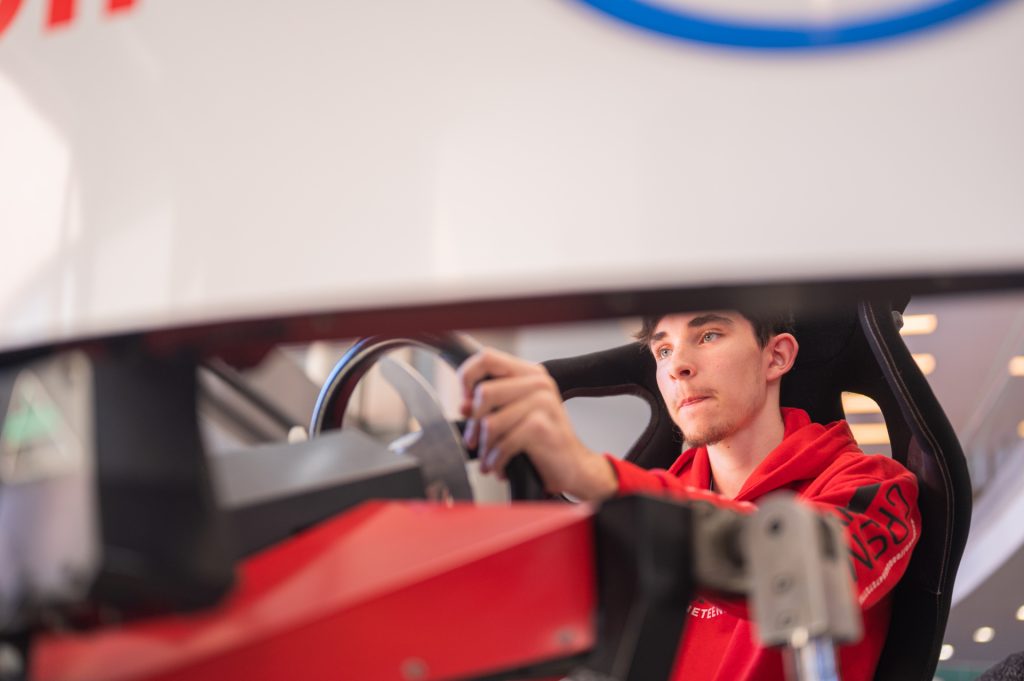
The Formula 1 simulator got everyone excited.
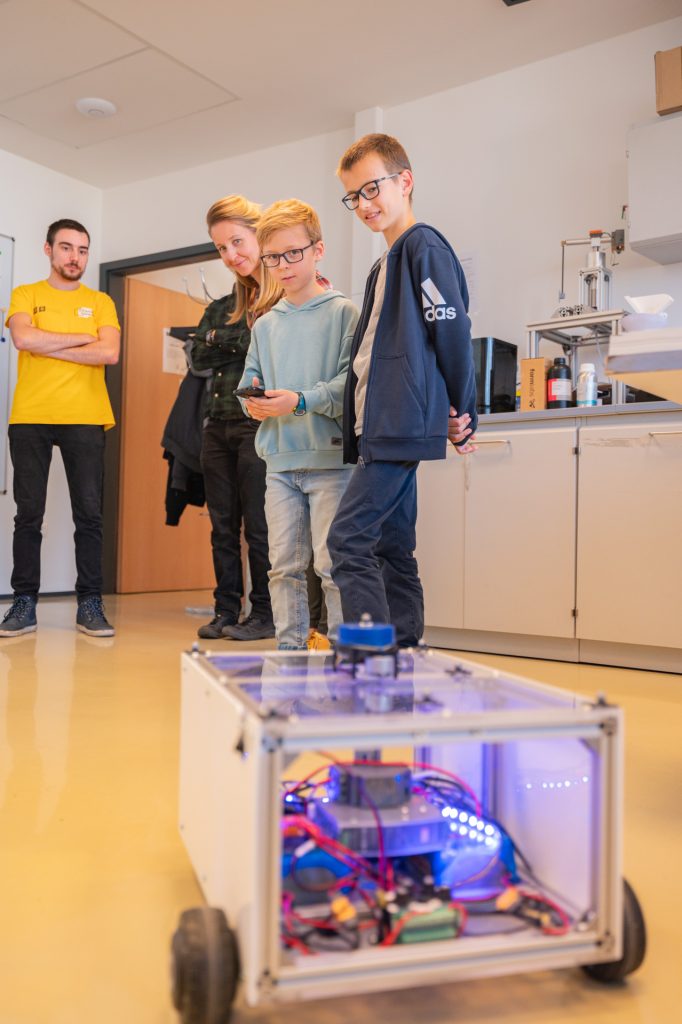
In the University Research and Innovation Center, they could learn about how robots work.
The V 43 electric locomotive thrilled all ages in the Locomotive Garden of theKandó Kálmán Faculty of Electrical Engineering.
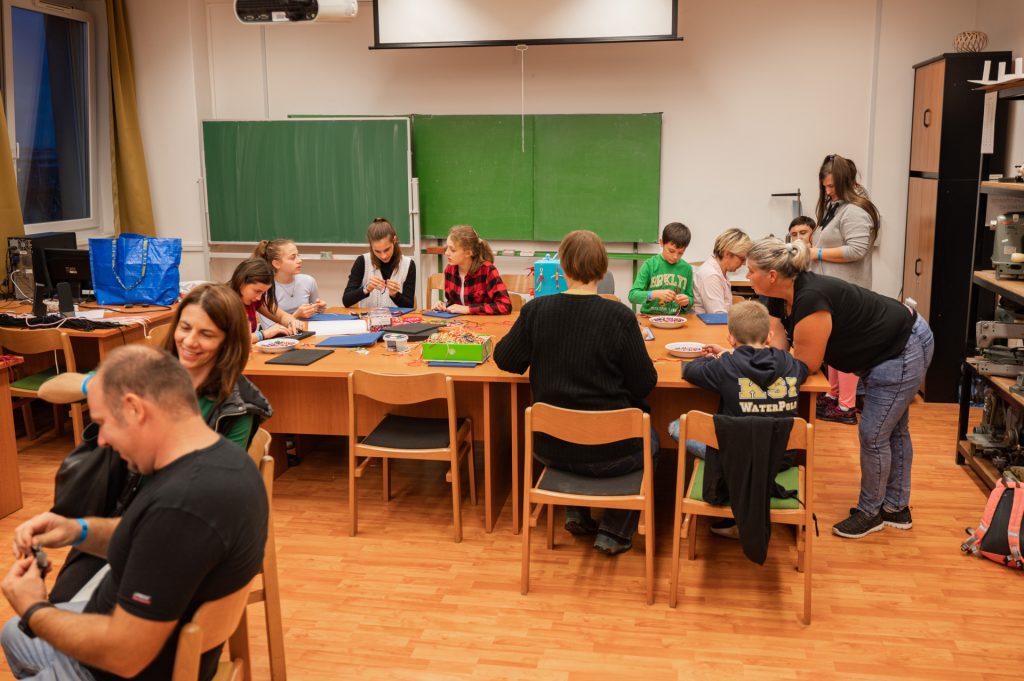
At the Rejtő Sándor Faculty of Light Industry and Environmental Engineering, a science escape room and craft activities were on offer.
Interesting chemical and physics experiments were offered at the Bánki Donát Faculty of Mechanical and Safety Engineering.
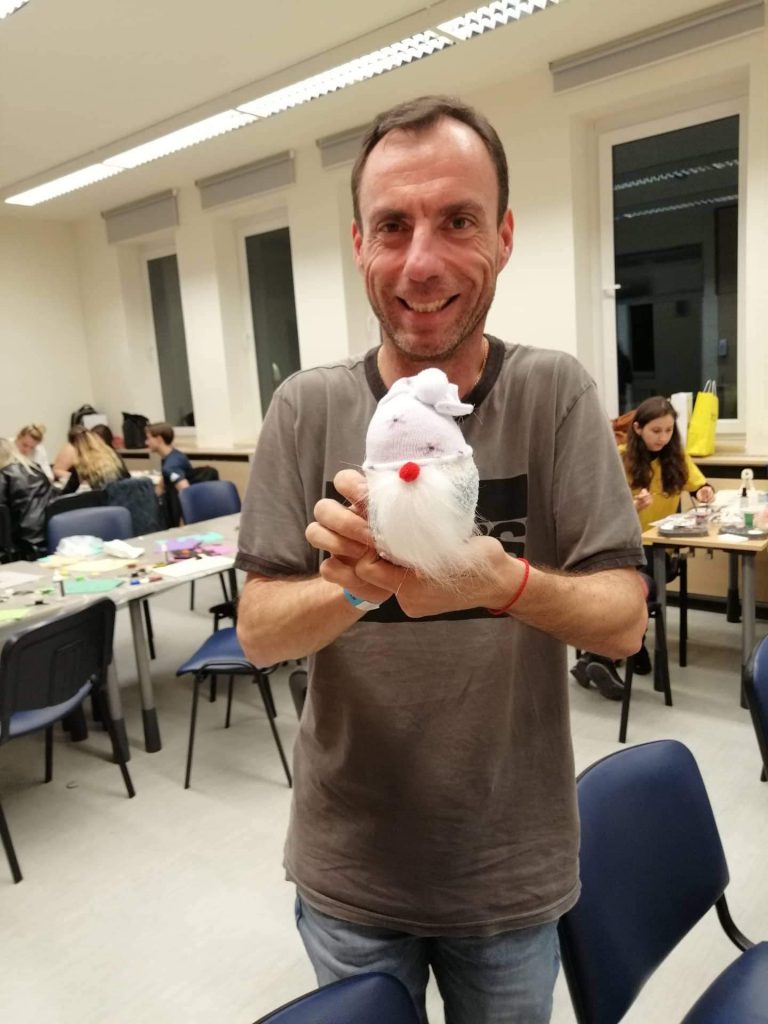
At the Keleti Károly Faculty of Business and Management, young and old alike enjoyed excellent presentations and interactive creative games.
Robots, drones and virtual travel were on offer at the Alba Regia Technical Faculty. At the Ybl Miklós Faculty of Architecture and Civil Engineering, the organisers showcased spectacular elements of architectural training. At the Training Centre and Research Site of Salgótarján (SKKK), among many other things, VR glasses were demonstrated and visitors were able to find out what the 6K experience is like.
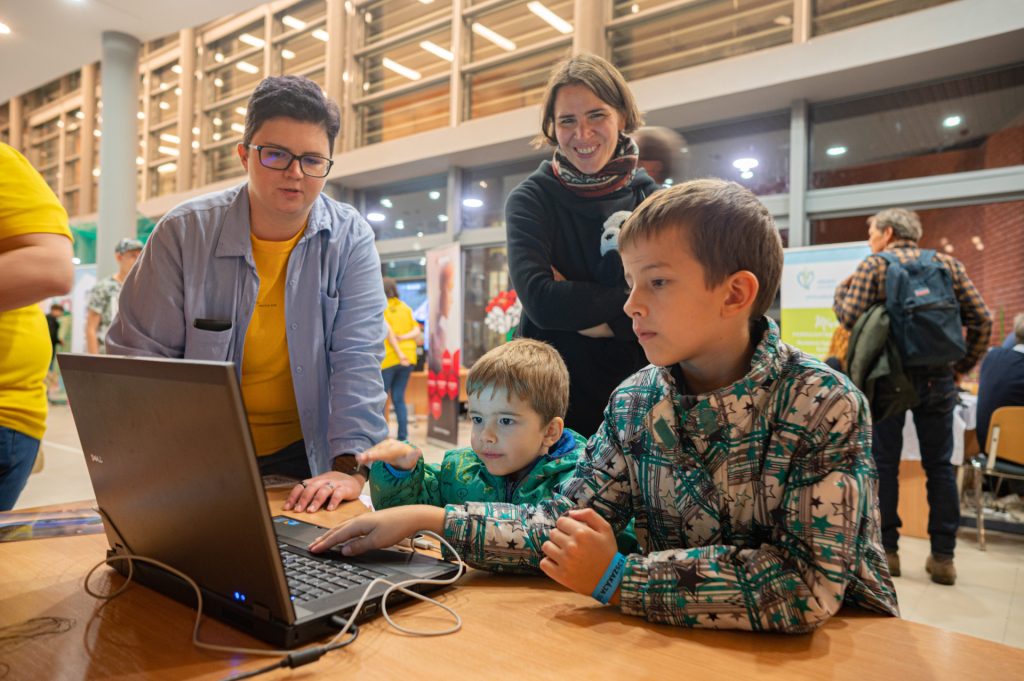
And these are just a few of the nearly 300 programmes.
